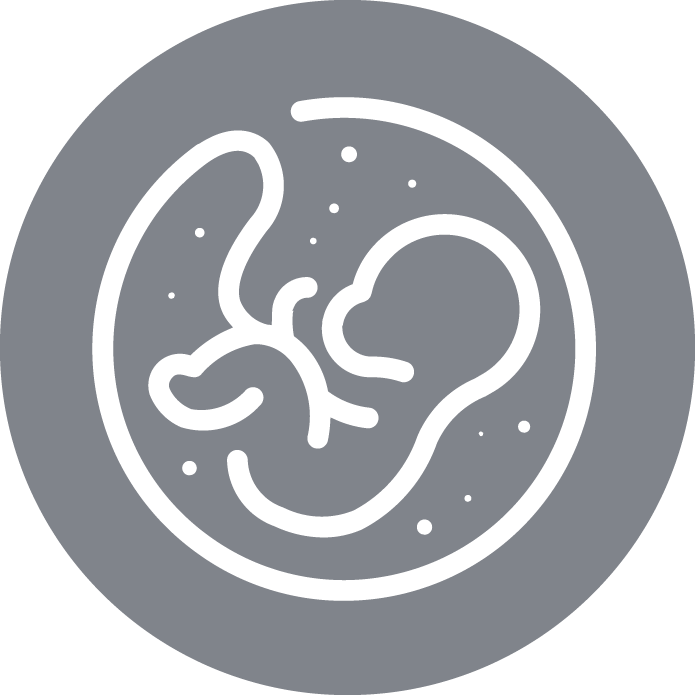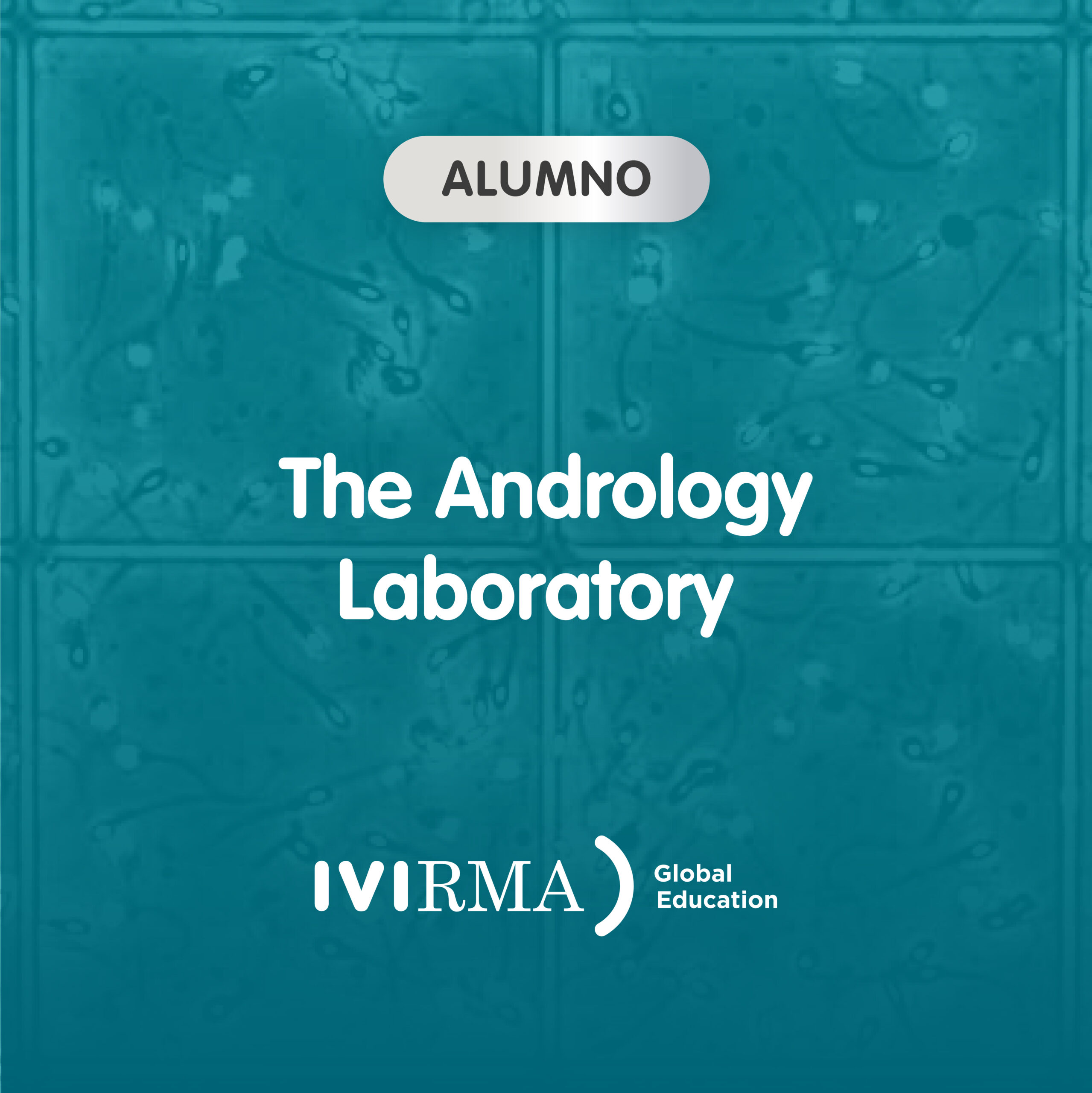Online course in The Andrology Laboratory
AREA: Assisted Reproduction
LANGUAGE: English
PLACES: 15
STUDENTS: 0/15 (0%)
START DATE & END:
03/03/2026 – 07/04/2026
MODALITY: Online
CENTER: IVIRMA Global Education
03/03/2026 – 07/04/2026
20 theoretical
IVIRMA Campus
350 €
This course is accredited by the European Accreditation Council for Continuing Medical Education (EACCME). Once course is completed you will be awarded with 20 ECMEC´s credits More information in FAQ´s
Intended for
Biomedical Professionals, Biotechnologists, Andrologists and Embryologists
Description
One of the main parts of an Assisted Reproduction Unit is the Andrology Laboratory. In this room, we carry out the evaluation of the fertile potential of the male in addition to the preparation of semen samples for assisted reproduction treatments, management of the sperm bank for patients who wish to preserve their fertility or men who donate their gametes altruistically to other couples or women so they can achieve offspring.
Its correct operation and coordination with the in vitro fertilization laboratory and the medical team is important for good outcomes.
In this course, we will describe the procedures performed in the Andrology Laboratory highlighting the scientific evidence that supports them and the improvement of the lines from a diagnostic and therapeutic point of view in one of the most dynamic fields of assisted reproduction.
Important information:
The online course will be carried out through the e-learning platform: IVIRMA Campus. The student will receive a message with the access information and credentials 24/48 hours before the start of the course.
IVIRMA Campus can be accessed from Windows computers (7, 8 or 10) or Mac, using Chrome or Firefox in its last three versions. Access from mobile devices is not supported and does not ensure the correct operation of the course.
To successfully complete the training and obtain the corresponding certificate, the student must obtain a percentage greater than or equal to 70% of correct answers in the final evaluation. To do this, you will have two opportunities to take the exam.
Skills
Learning outcomes expected to be acquired by the student at the end of the course:
1. Identify the endocrine and physiological basis of the male reproductive system.
2. Systematize the tasks carried out in an andrology laboratory.
3. Apply different sample treatment protocols according to their characteristics and diagnosis.
4. Identify the characteristics and markers of seminal quality.
5. Recognize how the semen bank works, as well as the selection, control and use of semen donors.
6. Distinguish the use of different technologies for semen analysis and diagnosis.
Program
1. The testicle and the spermatogenesis
2. Basic semen analysis. Spermiogram. Special situations and additional tests
3. Sperm preparation techniques for homologous artificial insemination, indications and outcomes
4. Oxidative Stress and its effect on gametes and embryos
5. Sperm freezing techniques
6. Selection, control and use of sperm donors
7. Management and control of the sperm bank
8. Sperm washing in seropositive males for HIV, hepatitis B and hepatitis C
9. Flow cytometry: cell sorting, applications on sperm and sperm separation
10. Sperm DNA fragmentation and male fertility
11. Methods for an objective selection of competent sperm
12. Microarrays technology in sperm diagnosis
13. Other molecular markers of sperm quality
14. Automated Semen Analysis I
15. Automated Semen Analysis II: ISAS
Coordinators
Cancellation and Refund Policy
Once the course has started, enrollment cancellation will not be possible, and no refunds will be issued under any circumstances.
Theoretical-practical courses are designed as an indivisible training unit; therefore, no refunds will be granted once the course has begun, even if the practical component has not yet started.
Course Completion
A course will only be considered successfully completed when the student has fully completed the entire program. If the course includes a practical component, it will not be deemed completed unless that component has been fully carried out.
No certificate of completion or attendance will be issued if the student has not completed all the activities included in the course program. Under no circumstances will certificates be issued for partial completion of either the theoretical or practical parts of the course.




